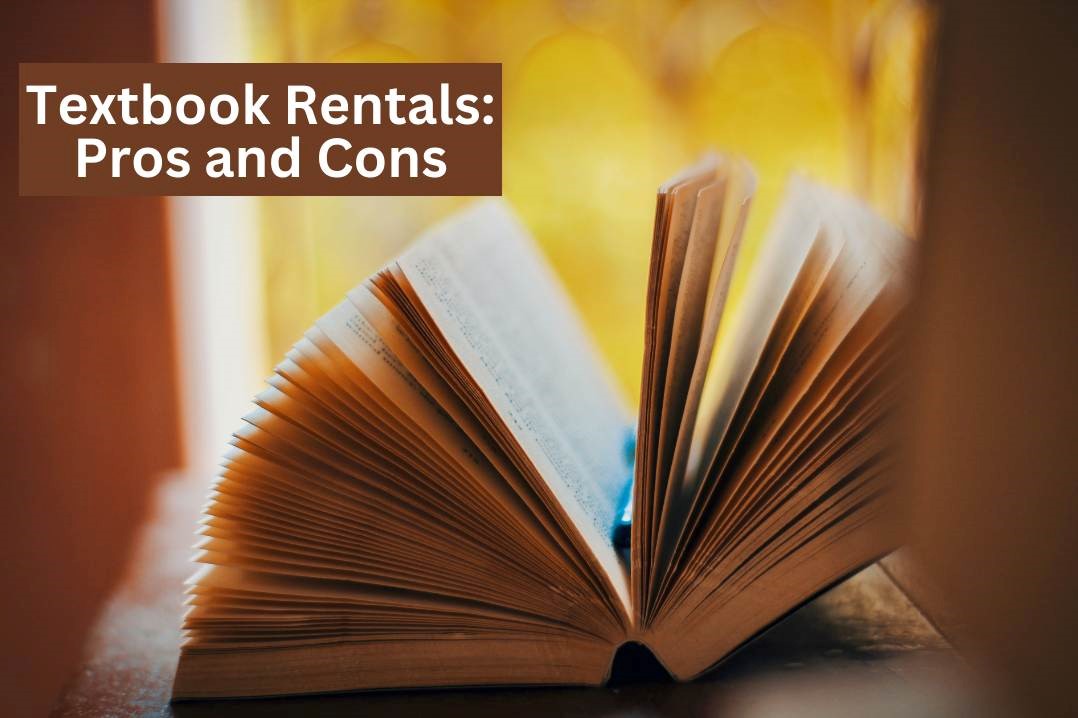In ultra-modern, speedy-paced, and complicated worldwide politics, having a stable basis in political concepts and information is critical. Whether you are a political technology scholar or a person interested in governance and world affairs, suitable textbooks can offer insights and equip you with the gear to better examine political structures.
This manual highlights five critical books that discover the captivating global political notion, global members of the family, and governance. Each book, written by specialists in the vicinity, gives a unique perspective on politics, making it a want-to-study for everyone eager to dive deeper into this issue.
Introduction: Why Political Science Textbooks Matter
Political technological expertise textbooks aren't only for college kids—they feature windows into the operations of governments, the dynamics of societies, and the intricacies of world family members. By offering insights into how political systems work and examining the ancient and philosophical foundations of governance, those books equip readers with the information they want to navigate a modern, politically charged environment. Whether you're interested in the records of politics, modern-day political strategies, or global conflicts, the books provide the grounding you want.
The Best Political Science Books You Should Know
-
We the People: An Introduction to American Politics
By Benjamin Ginsberg
Benjamin Ginsberg’s We the People is an entire textbook that examines the American political machine. Known for its accessibility, it presents readers with the foundational ideas of U.S. Governance. From exploring the Constitution to dissecting the roles of the three branches of government, Ginsberg offers insights that can apply to both novices and pro-political fanatics.
"Ginsberg's artwork brilliantly simplifies complicated political systems, making American politics accessible to all."
Key Concepts Covered:
- Foundations of American Government: Understand the ancient and philosophical roots of American democracy.
- Role of Civic Engagement: The importance of lively citizen participation in the democratic method.
2. The Prince
By Niccolò Machiavelli
The Prince, through the manner of Niccolò Machiavelli, is a timeless traditional political concept. Written in the sixteenth century, it stays relevant today, specifically in analyzing power dynamics. Machiavelli takes a realistic method, famously suggesting that the ends often justify the manner of political leadership. His exploration of electricity, adaptability, and approach has made this a foundational textual content in political technological understanding.
"Machiavelli’s exploration of energy stays a cornerstone in political philosophy, teaching that control frequently requires difficult, even ruthless picks."
Key Concepts Covered:
-
Realpolitik: A realistic technique to politics, where pragmatism trumps morality.
-
Leadership and Strategy: How leaders can hold strength and ensure stability.
3. The Clash of Civilizations and the Remaking of World Order
By Samuel P. Huntington
In The Clash of Civilizations, Samuel P. Huntington compellingly argues that future conflicts will not be driven by ideological variations but by cultural and civilizational divides. Published in the 1990s, this precept has acquired greater relevance in the present-day geopolitical landscape.
"Huntington’s theory demands situations conventional views on international conflicts, focusing on the cultural roots of destiny struggles."
Key Concepts Covered:
-
Cultural Conflicts: Future global conflicts may be formed by cultural variations in regions of political ideologies.
-
Civilization Paradigm: The concept that civilizations, like the West and Islamic international locations, are likely to conflict as globalization intensifies.
4. The Sagebrush State: Nevada’s History, Government, and Politics
By Michael Wayne Bowers
While centered on the kingdom of Nevada, Michael Wayne Bowers’ The Sagebrush State treasured explores how kingdom-degree politics characterize the U.S. This book dives into Nevada’s particular political data, including its mining heritage and the significant function of the gaming industry, presenting a microcosmic view of American nation governance.
"State-level politics are often omitted. However, they are important in shaping the wider countrywide political panorama."
Key Concepts Covered:
-
State vs. Federal Governance: The feature of United States of America governments in shaping coverage and governance.
-
Economic Influence: How particular financial sectors, in conjunction with Nevada’s gaming organization, form you. S. A. Politics.
5. Leviathan
By Thomas Hobbes
Using Thomas Hobbes, Leviathan is one of the most crucial works in political philosophy. During this time, Hobbes provided an idea of social settlement—an agreement amongst individuals to form a central authority ensuring peace and order. The portrayal of human nature as inherently self-serving and his advocacy for a sturdy, centralized authority have stimulated political ideas for hundreds of years.
"Hobbes' social settlement idea remains foundational in expertise cutting-edge governance and the connection among the nation and its citizens."
Key Concepts Covered:
- The Social Contract: Individuals give up positive freedoms to a governing authority in exchange for protection.
-
Human Nature and Government: Hobbes’ view is that people left with gadgets should regularly struggle, necessitating effective authorities.
Overview of the Best Political Science Textbooks
|
Book Title |
Key Focus |
Published Year |
|
We the People: An Introduction to American Politics |
American Government & Civic Engagement |
1999 |
|
The Prince |
Political Strategy & Leadership |
1532 |
|
The Clash of Civilizations |
International Relations & Cultural Conflicts |
1996 |
|
The Sagebrush State |
Nevada’s State Governance |
2006 |
|
Leviathan |
Social Contract & Government Authority |
1651 |
This represents the breakdown of critical themes in political science textbooks, showing the percentage focus on areas like government structure, power, leadership, etc.
Distribution of Political Science Subfields Covered
This displays the distribution of political science subfields, indicating the proportion of American politics, international relations, political theory, and state-level governance covered by the books.
Key Takeaways
-
We the People provide foundational facts about the American government and emphasize the role of civic engagement.
-
The Prince offers insights into management, power, and approach with its pragmatic view on governance.
-
The Clash of Civilizations discusses cultural variations as the primary drivers of worldwide conflicts.
-
The Sagebrush State specializes in the significance of nation-degree governance and specific political landscapes.
-
Leviathan explores the idea of social agreement and the want for a strong government to maintain order.
Conclusion
Political technological information textbooks are essential in shaping our knowledge of governance, electricity, and societal systems. The books in this manual provide worthwhile insights into historical and contemporary political ideas. From Machiavelli’s pragmatic method in The Prince to Huntington’s cultural evaluation in The Clash of Civilizations, those works challenge readers to think seriously about the forces shaping our international.









